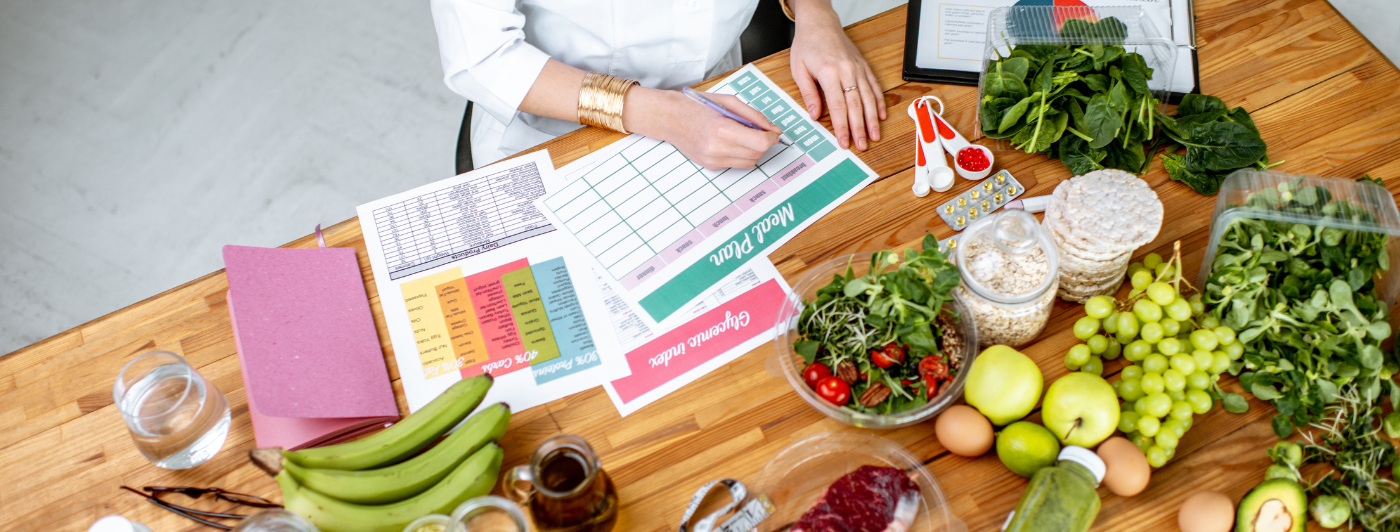Protein, the building block of muscles, is essential for anyone aiming to increase their muscle mass. While exercise is crucial, nutrition plays an equally important role in achieving your fitness goals. A well-balanced diet, rich in protein, provides the necessary amino acids to repair and build muscle tissue.
Research indicates that consuming adequate protein post-workout can significantly enhance muscle protein synthesis, leading to increased muscle growth and recovery. A study found that individuals who consumed 40 grams of protein within two hours of resistance training experienced greater muscle gains compared to those with lower protein intake. This article aims to provide a comprehensive guide to crafting a personalized protein diet plan tailored to your specific fitness goals. By understanding your body's needs, incorporating high-quality protein sources, and following a structured meal plan, you can optimize your muscle growth and overall health.
Understanding Your Body's Needs for a Protein Diet Plan for Muscle Gain
To effectively build muscle, it’s important to understand your body’s unique needs. This involves considering factors such as your basal metabolic rate (BMR) and total daily energy expenditure (TDEE). BMR represents the minimum amount of calories your body burns at rest to sustain basic functions. TDEE, on the other hand, accounts for your total calorie expenditure throughout the day, including BMR, physical activity, and the thermic effect of food. Accurately calculating your TDEE is essential for determining the optimal calorie intake to support muscle growth.
Protein, carbohydrates, and fats – the macronutrients – play distinct roles in muscle gain. While all three are important, protein is the primary building block of muscle tissue. It’s essential for repairing and rebuilding muscle fibers after workouts. However, carbohydrates provide the necessary energy for intense training sessions, and fats support hormone production.
It’s crucial to remember that protein requirements vary significantly from person to person based on factors such as age, sex, weight, height, and activity level. Findings reveal that optimal protein intake for muscle growth ranges from 1.6 to 2.2 grams per kilogram of body weight daily.
By understanding your body’s unique needs and tailoring your protein intake accordingly, you can create a personalized protein diet plan that maximizes muscle growth.
Creating a Customized Protein Diet Plan for Muscle Gain
To maximize your muscle building potential, crafting a personalized meal plan is essential. This involves determining your specific protein requirements and incorporating a variety of high-quality protein sources into your diet.
High-quality protein sources such as:
- Lean meats: Chicken, Turkey, Beef, Pork
- Poultry: Chicken, Turkey
- Fish: Salmon, Tuna, Cod, Halibut
- Eggs: Whole eggs
- Dairy: Greek yogurt, Cottage cheese, Milk
- Legumes: Lentils, Chickpeas, Black beans, Kidney beans
- Tofu: And other soy-based products
To estimate your daily protein needs, consider factors like your weight, body composition, and fitness goals. Generally, 1.2 to 2.2 grams of protein per kilogram of body weight need to be consumed daily. However, it's essential to consult with a healthcare professional or registered dietitian for personalized recommendations.

Maintaining consistent protein intake throughout the day is crucial for optimal muscle growth and repair. Aim for smaller, frequent meals and snacks rather than large, infrequent ones. This helps to stabilize blood sugar levels and provide a steady supply of amino acids to your muscles. Practicing portion control is essential to prevent overeating and consuming excess calories.
A basic meal template to consider includes:
- Breakfast: Protein-rich options like eggs, Greek yogurt, or protein smoothie
- Lunch: Lean protein sources such as chicken salad, fish with vegetables, or lentil soup
- Dinner: A balanced meal with a primary protein source like steak, tofu stir-fry, or salmon with roasted vegetables
- Snacks: Protein-packed choices like cottage cheese with fruit, protein bars, or nuts and seeds
By following these guidelines and tailoring your meal plan to your individual needs, you can optimize your protein intake and support your muscle building goals.
Conclusion
A well-structured protein diet plan for muscle gain is a cornerstone of achieving your fitness goals. By prioritizing high-quality protein sources, understanding your body's needs, and creating customized meal plans, you can optimize muscle growth and repair. Remember, while protein is essential, a balanced diet rich in vitamins, minerals, and fiber is equally important for overall health and well-being.
Plant based protein powder for muscle gain can be a convenient supplement while consuming nutrient dense diet through whole food sources. Also, protein will be most beneficial only if combined with regular weight bearing exercise. The question "Can I take protein powder without workout" is often asked, but it's important to remember that protein works best when paired with physical activity.
By combining a personalized protein diet with consistent exercise and adequate rest, you can achieve your muscle building goals and enjoy the benefits of improved strength, endurance, and fitness.











